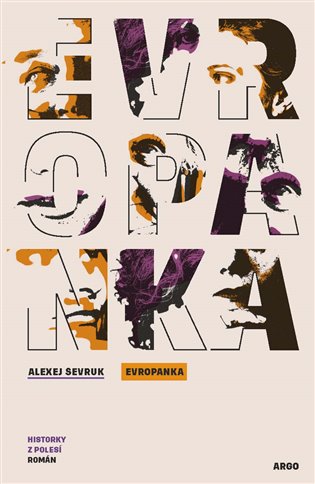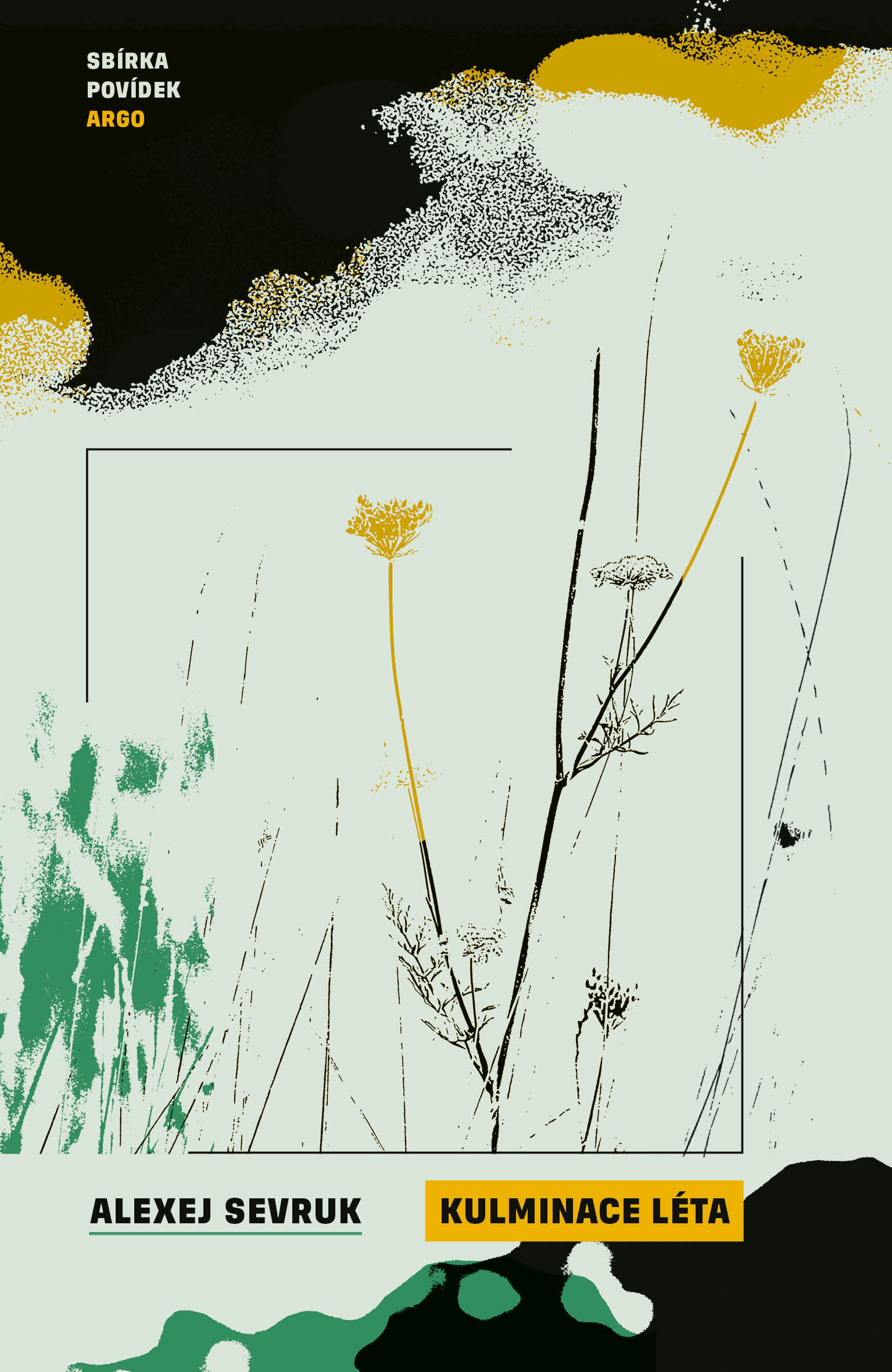Alexey Sevruk
Alexey Sevruk (*1983 in Kiev, Ukraine) is a poet, novelist, journalist and translator. He has lived in the Czech Republic since the age of twelve, having moved there with his parents as part of the government’s programme to repatriate Volhynian Czechs and their relatives. He studied Ukrainian and Slavonic studies at the Faculty of Philosophy of Charles University. He has translated the works of Yurii Andrukhovych and Serhiy Zhadan into Czech and Patrik Ouředník’s experimental prose Europeana into Ukrainian. As the editor-in-chief of a literary monthly, he has also written for several domestic and foreign journals, magazines and anthologies. He works as an archivist at the Museum of Czech Literature.
LONGLISTED FOR THE TOP CZECH LITERARY AWARD

A European Woman
September 2023, 400 pages
Rights sold to: Poland (Amaltea)
Available material: English synopsis
Great Ukrainian history that is intertwined with the fate of one man
Maria, the narrator, is the daughter of a Ukrainian peasant mother and a Czech prisoner of war. Her chronicle – woven from vivid images and fragmentary tales – traces the fate of her family alongside a host of other characters who form a colorful mosaic of life in the Zhytomyr Oblast from the 1920s to the present. The narrative fabric is frayed, scorched, and incomplete, splintering into intimate, personal stories that are repeatedly and brutally interrupted by the sweeping dramas of Eastern European history.
This is a novel of survival, memory, and the quiet heroism of a woman shaped by forces beyond her control, yet never silenced by them.
Download A European Woman summary
Download English sample
Download German sample
„The reader is caught up in the powerful flow of the plot, and perhaps here and there recalls the classic Issac Bashevis Singer or the contemporary star Guzela Yachyna. The strongest voice of contemporary Czech literature is this book by a young Czech-Ukrainian author. “
– Jáchym Topol
„Great history is intertwined here with the fate of one man. There is no doubt that we are in one of Snyder’s ‚bloody countries‘. “
– Jan M. Heller
“From the very first pages, the reader is left in no doubt that the book they are holding is worthy of attention in its own right and doesn’t rely on the current wave of interest in Ukraine among readers for its success.”
— iLiteratura



